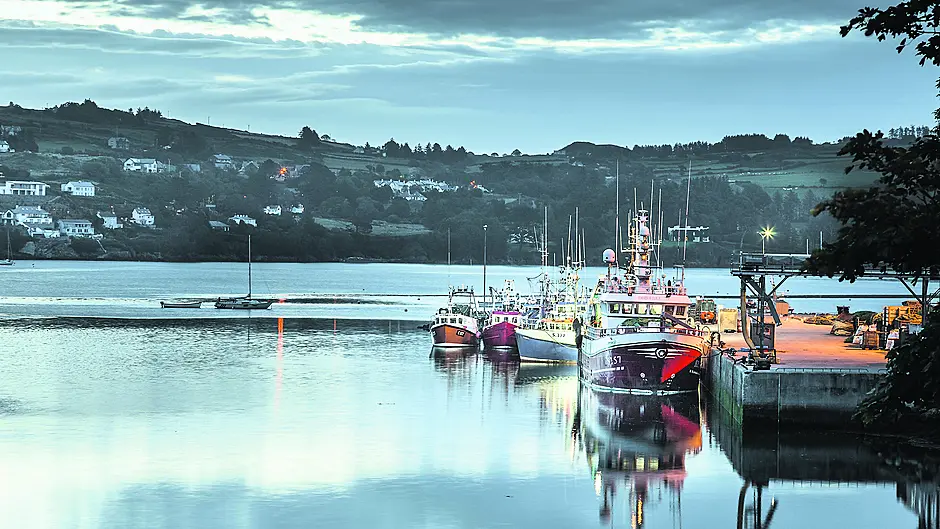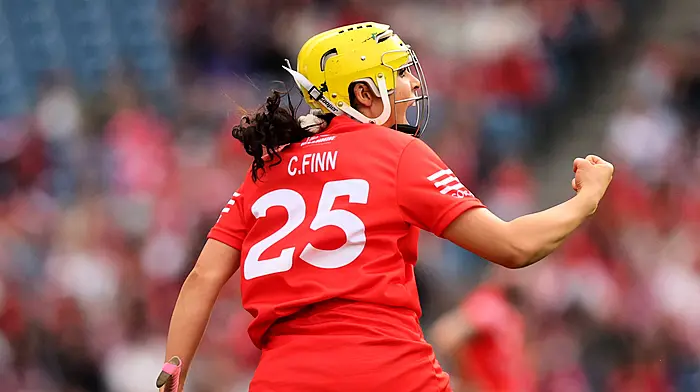There’s division in the fishing community since the High Court overturned a ban on fishing by vessels over 18m long, inside the six-mile limit. Some say it allows fishermen to make an honest living, others believe it will decimate stocks for other fish. The situation must be sorted, writes Social Democrat TD Holly Cairns
TWO weeks ago I started getting messages and phone calls from people concerned about large trawlers fishing near the coast and the impact it was having on the local economy and ecology.
These vessels are capable of gathering tonnes of fish, compared to the smaller boats which operate on inshore waters. The concerns raised were from a whole range of people, including fishermen, small businesses, and upset locals.
This issue has arisen due to a recent High Court ruling overturning a 2019 fishing directive which excluded trawling by vessels over 18m from waters inside the six nautical mile zone. The law banning trawling by large boats in coastal waters was designed to ensure sustainable fishing practices and to protect the livelihoods of small scale and island fishermen who rely on inshore fishing. Two of the inshore fishing organisations expressed their disappointment and frustration at the decision.
The recent court ruling was based on problems with the consultant process rather than anything in law. Unfortunately, this has created confusion and uncertainty, and it raises questions for the Department of Agriculture, who carried out the consultation. Although the current Minister for Agriculture and the Marine, Charlie McConalogue inherited the problem from the previous government, he must now address it immediately.
The directive balanced the preservation of fish stocks and the livelihoods of hundreds of families depending on small-scale fishing. It also helps sea angling and tourism sectors. The larger trawlers can fish outside the six mile limit, but that option is not available to smaller boats.
In raising the topic, I am reflecting the concerns of constituents who are contacting me, many of them fishermen who are deeply concerned about these practices and who wish to remain anonymous.
The National Inshore Fishermen’s Association and the National Inshore Fishermen’s Organisation have highlighted the importance of the inshore fishing ban on large trawlers in preserving their income. They have said that the court’s ruling has had a ‘more severe impact than a no-deal Brexit will’. That is a serious statement which shows how important this is to the inshore fishing community.
Irish South and West Fish Producers Organisation has come out in favour of the court ruling. This division in the community helps no-one. Fishing families have enough trouble trying to get proper support from Dublin, and this only confuses matters.
My focus now is getting the Minister for Agriculture and the Marine to immediately address this issue in light of the court case ruling. Over the past few months the last and current government have failed to provide satisfactory support for the sector and have introduced an unfair penalty points system. Lip service is paid to the industry, but when it comes to providing certainty and engagement for the sector, the Department and government have repeatedly let down the fishing community in West Cork.
I have always argued for a sustainable approach to fishing to ensure that coastal and island communities make a decent living – as people have for centuries in these waters. The directive that was overturned was a clear example of how to facilitate these sustainable practices. It’s essential that Minister McConalogue rectifies the situation. I am calling on all government TDs and senators to help make this happen for the sake of West Cork families.








